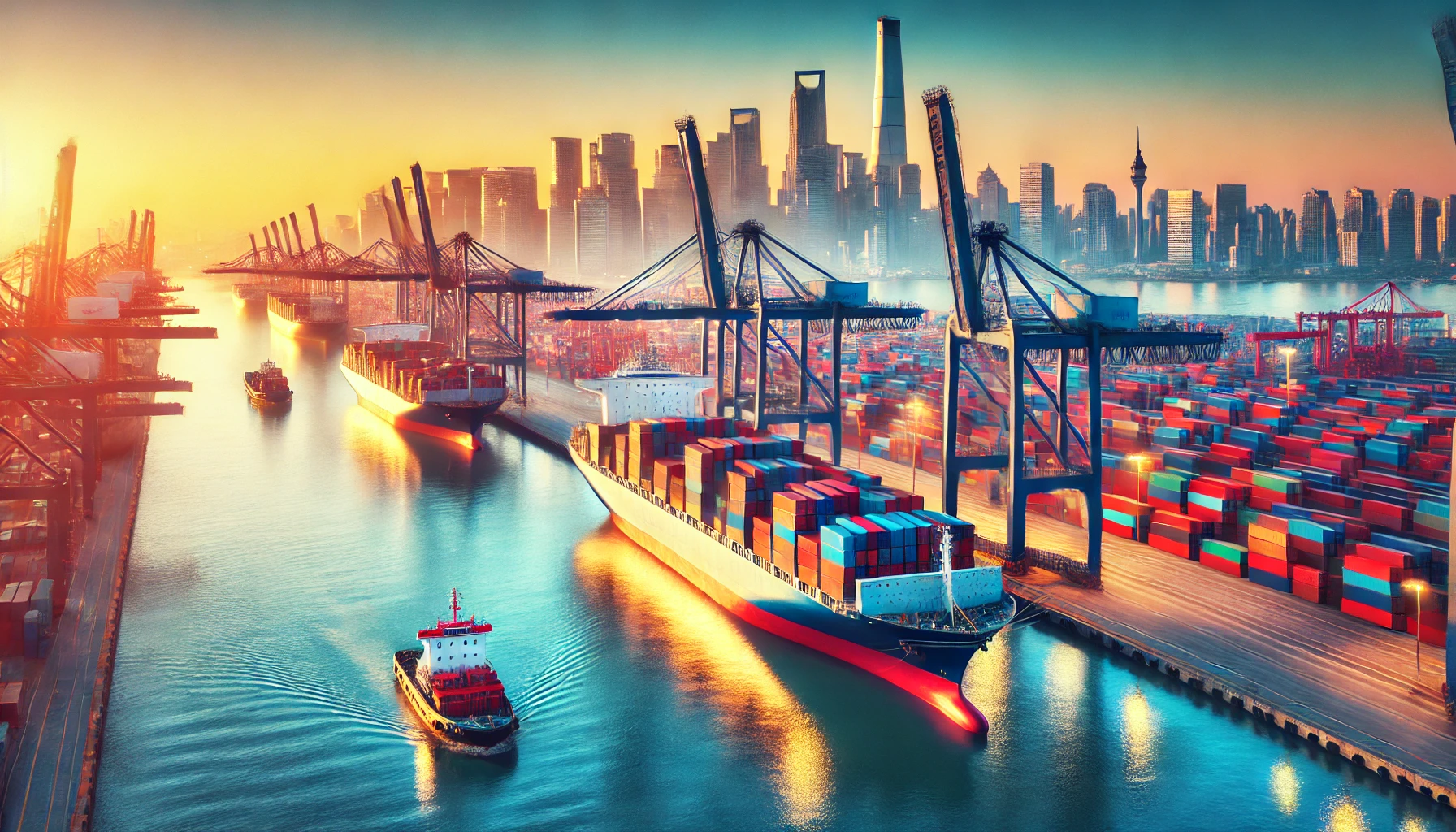- By China Top Freight
- December 24, 2024
- International Transportation News
December 23, 2024, 13:07:54 | Source: Xin Jing Bao
Beijing — According to Xinhua News Agency, on December 21, former U.S. President Donald Trump posted a lengthy message on social media, declaring the Panama Canal to be a “crucial U.S. national asset” and threatening that the U.S. would “reclaim” the canal.
Trump stated that the U.S. had paid a “huge price in lives and wealth” to construct the Panama Canal, which was “foolishly” handed over to Panama for management. However, he argued, this was never meant to allow Panama to charge “exorbitant tolls” to the U.S. Navy and U.S.-businesses. The fees charged by Panama, Trump said, were “ridiculous,” especially considering “the tremendous generosity of the U.S. towards Panama.” He called for this “extortion” to end immediately, warning that “we will demand the Panama Canal be fully returned to the U.S.” He added, “Panamanian officials, please take notice!”
Historical Context of U.S. Control over the Canal
Originally part of Colombia, Panama separated in 1903, with U.S. support, to allow the construction of the canal. The U.S. and Panama signed a treaty granting the U.S. “permanent use, occupation, and control” of the canal and its surrounding areas.
Construction of the canal began in 1904 and took 10 years to complete, connecting the Pacific and Atlantic Oceans and becoming a crucial maritime route for global shipping.
The U.S. retained control over the canal for much of the 20th century, holding special rights to a 10-mile wide strip of land across Panama and extending 3 miles into the ocean on each side. U.S. military forces were also stationed in the area. The U.S. paid Panama $1 million upfront and an annual rent of $250,000.
Regarding Trump’s claims of the U.S. paying “a huge price in lives,” many of those who died during construction were Chinese laborers.
The Shift in Control
After World War II, the special rights held by the U.S. came under increasing challenge. Panamanian protests demanding the return of sovereignty led to the 1977 treaty signed by the Carter administration. This agreement set the terms for Panama to regain full control of the canal by December 31, 1999.
During the 80+ years of U.S. control, American forces intervened militarily in Panama 25 times to maintain its privileges.
Trump’s recent comments calling for the “reclaiming” of the Panama Canal have sparked widespread opposition within Panama, as they disregard historical and international legal principles.
Cost of Transiting the Canal
Objectively, the Panama Canal’s tolls are indeed high. Ships must pass through locks that elevate them into the Gatun Lake before lowering them to sea level. Each lock operation requires vast amounts of freshwater.
A typical container ship passing through the Panama Canal incurs a basic fee starting at $220,000. The Panama Canal Authority has announced new toll rates starting January 1. The new fee structure will charge $40 per 20-foot equivalent unit (TEU). This means a 6,000 TEU container ship will pay $240,000, while a larger 12,500 TEU ship will pay $500,000.
The U.S. is the largest user of the Panama Canal. Revenue from the canal in fiscal year 2024 is expected to reach $5.102 billion, a historic high, with U.S. ships contributing the largest share of payments.
Panama Responds to Trump’s Remarks
On the afternoon of December 22, Panamanian President Laurentino Cortizo issued a statement reaffirming Panama’s sovereignty over the Panama Canal in response to Trump’s recent remarks about “reclaiming” the canal.
Cortizo emphasized that the Panama Canal and its surrounding area will always belong to Panama, and that Panama’s sovereignty and independence are non-negotiable. He pointed out that the 1977 treaty had already recognized Panama’s sovereignty over the canal, and that the U.S. fully handed the canal back to Panama on December 31, 1999, a move widely supported by the international community.
Cortizo also stated that generations of Panamanians had sacrificed their lives in the struggle for the country’s sovereignty and dignity. Under Panamanian control, the canal has become a vital, irreplaceable national asset that is free from foreign control. He condemned any statements that deny this fact and called for unity under the Panamanian flag on issues of canal sovereignty.
China Top Freight Disclaimer: This article is reprinted for informational purposes. If there are any errors or infringements on your legal rights, please contact us with proof of ownership, and we will promptly correct or remove the content. Thank you.


